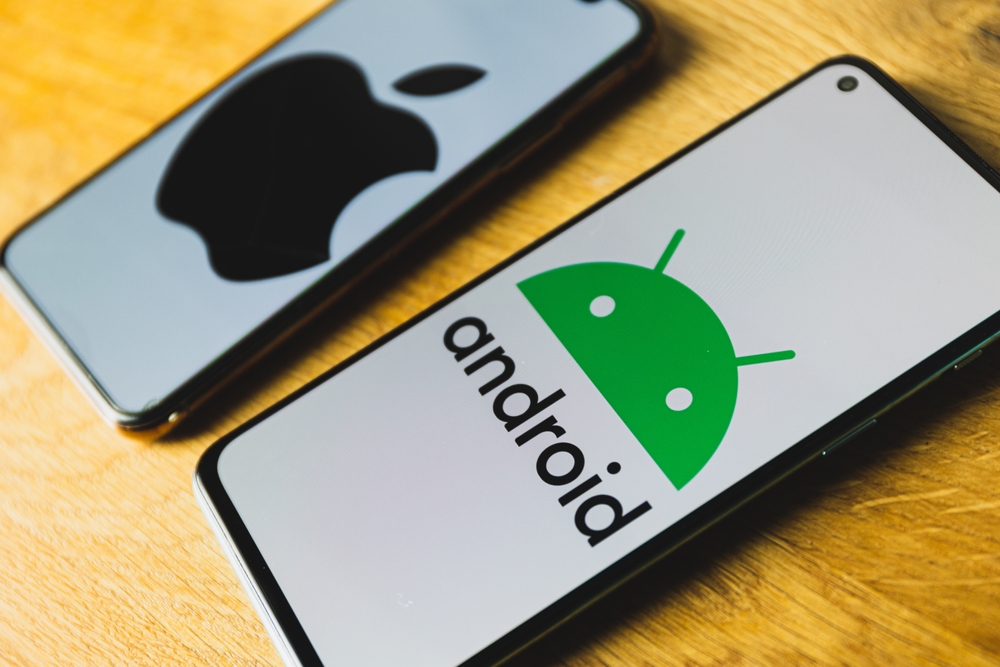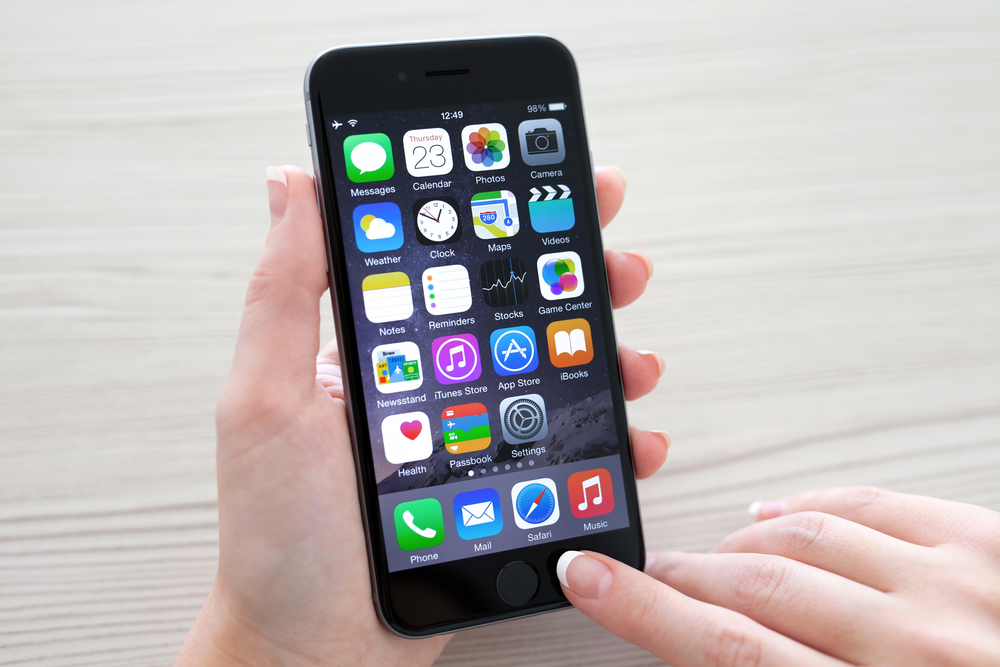
Mastering Mobile App Marketing: Unlock Your App's Potential with Proven Tips and Tricks

Mastering Mobile App Marketing: Unlock Your App's Potential with Proven Tips and Tricks
In today's digital age, mobile App Store or Google Play app s have become an indispensable part of our lives. From ordering food to booking taxis, there seems to be an app for everything. However, with millions of apps available on various app stores, getting your app noticed and attracting users can be a daunting task. That's where mobile Android or iOS app marketing comes in.
Mobile app marketing is a strategic approach to promote your app and maximize its visibility, downloads, and user engagement. In this article, we will explore some proven tips and tricks to help you master mobile iOS or Android app marketing and unlock your app's potential.
1. Define your target audience
Before diving into mobile Google Play or App Store app marketing, it's crucial to identify your target audience. Understanding your audience's demographics, preferences, and behaviors will enable you to tailor your marketing efforts specifically to them. Conduct market research, analyze competitors, and gather user feedback to create detailed user personas.
By defining your target audience, you can create personalized marketing messages that resonate with your potential users, increasing the chances of app downloads and long-term engagement.
2. Optimize your app store presence
The app stores, such as the Apple App Store and Google Play Store, are crowded marketplaces where your app competes for attention. To stand out, you need to optimize your app store presence.
Start by crafting a compelling app name and description that effectively communicate your app's value proposition. Use relevant keywords throughout your app's description to improve its discoverability. Add screenshots and videos to showcase your app's features and user experience, as visual aids can significantly influence potential users' decisions.
Furthermore, encourage positive reviews and ratings by providing exceptional user experiences, addressing user feedback promptly, and engaging with your users regularly. High ratings and positive reviews enhance your app's credibility and increase its chances of being featured prominently by the app stores.
3. Leverage social media marketing
Social media platforms have billions of active users, making them an excellent channel to reach and engage potential app users. Develop a comprehensive social media marketing strategy to promote your app effectively.
Create engaging social media content that showcases your app's unique features, benefits, and success stories. Leverage influencers in your industry to endorse your app and reach a wider audience. Run social media contests, offer exclusive discounts or freebies to incentivize app downloads, and encourage users to share their experiences with your app.
You can also leverage social media advertising to target specific user demographics, interests, and behaviors. Platforms like Facebook and Instagram offer highly targeted advertising options that can help drive app downloads and increase brand exposure.
4. Implement app store optimization (ASO)
App Store Optimization (ASO) is the process of improving your app's visibility and organic search rankings within the app stores. It involves optimizing various elements, including app title, description, keywords, and visual assets, to increase the likelihood of your app appearing in relevant search results.
Perform keyword research to identify popular search terms related to your app's niche and integrate them strategically into your app's metadata. Regularly monitor and analyze app store analytics to assess the effectiveness of your ASO efforts and make data-driven optimizations.
ASO is an ongoing process that requires continuous monitoring, testing, and refinement. By implementing ASO best practices, you can boost your app's discoverability and attract organic downloads without relying solely on paid advertising.
5. Implement a robust app analytics solution
Analytics play a crucial role in understanding user behavior and app performance. By implementing a robust app analytics solution, you gain valuable insights into your app's usage patterns, user engagement, and conversion rates.
Use app analytics to identify user drop-off points, improve user onboarding processes, and optimize user flows within your app. Monitor key metrics, such as user retention, session duration, and in-app purchases, to gauge app performance and make informed marketing decisions.
Additionally, implement event tracking to track specific user actions within your app and measure the effectiveness of your marketing campaigns. This will help you identify which marketing channels and strategies are driving the highest ROI.
Frequently Asked Questions
1. How long does it take for a marketing strategy to yield results?
The time it takes for a mobile app marketing strategy to yield results can vary depending on several factors, including the competitiveness of your app's niche, the effectiveness of your marketing efforts, and your budget. Generally, it takes several weeks to months to see significant results. However, it's important to continuously monitor and adjust your marketing strategies based on analytics data to optimize your results.
2. Is it necessary to invest in paid advertising for mobile app marketing?
While paid advertising can significantly boost your app's visibility and downloads, it is not always necessary. With a well-executed organic marketing strategy, leveraging channels like social media, ASO, and influencer marketing, you can achieve substantial results without a hefty advertising budget. However, depending on your goals and competition, paid advertising can accelerate your app's growth and reach a larger audience.
3. What are the most effective channels for promoting a mobile app?
There are various effective channels for promoting a mobile app. Social media marketing, app store optimization (ASO), influencer marketing, content marketing, and email marketing are some of the most commonly used channels. The effectiveness of each channel can vary based on your app's target audience, niche, and objectives. It's important to test different channels and track their performance to identify the ones that work best for your app.
4. How important are user reviews and ratings for a mobile app?
User reviews and ratings are vital for the success of a mobile app. Positive reviews and high ratings not only increase your app's credibility but also influence potential users' decision-making process. Users often rely on reviews and ratings to assess an app's quality and reliability. Encourage satisfied users to leave reviews and promptly address any negative feedback to maintain a positive reputation and attract new users.
5. How frequently should app analytics be monitored?
App analytics should be monitored regularly to track the performance of your mobile app app and marketing efforts. Ideally, analytics should be reviewed at least once a week to spot trends, identify areas for improvement, and measure the effectiveness of ongoing marketing campaigns. By continuously monitoring app analytics, you can make data-driven decisions and optimize your app marketing strategies for better results.
Other useful resources
- https://en.wikipedia.org/wiki/Google_Play